EU Budgets €210 million for humanitarian interventions in the Sahel and Central Africa in 2021
The European Union has budgeted €210 million for humanitarian interventions for country in the Sahel and Central Africa in the ongoing year 2021.
The eight countries to benefit from the funding include Burkina Faso (€24.3 million), Cameroon (€17.5 million), the Central African Republic (€21.5 million), Chad (€35.5 million) Mali (€31.9 million), Mauritania (€10 million), Niger (€32.3 million) and Nigeria (€37 million).
A statement by the Commission on Tuesday said: “The EU is reaffirming its solidarity with vulnerable people in countries in the Sahel and Central Africa through a humanitarian budget of €210 million in 2021.”
Commissioner for Crisis Management, Janez Lenarčič, was quoted to have said: “Worsening instability and armed conflicts, together with the COVID-19 pandemic and natural hazards, are having a devastating impact in the Sahel and countries in Central Africa.
“The EU remains committed to help reduce suffering among people in need in the region. While humanitarian aid is there to bring emergency relief, longer-lasting improvements can only be brought about through the political will of national governments and good governance.”
The statement said the EU’s humanitarian funding in the Sahel and Central Africa countries is targeted to: provide life-saving assistance to the people affected by conflict and to the communities hosting people who had to flee; provide protection to vulnerable people and support the respect of International Humanitarian Law and the humanitarian principles; support measures to address food crises and severe acute malnutrition among children under 5.
The funding is also to enhance the immediate response in terms of basic services to most vulnerable population, especially as concerns health care for all or education for children caught up in humanitarian crises; and
strengthen fragile communities’ preparedness for crises, such as mass displacements of people, or recurrent food or climate-related crises.
It disclosed that the assistance was part of the wider EU support provided to the region, including through the ́Team Europe ́ contributions to the Coronavirus Global Response, support to the vaccine distribution effort through the COVAX Facility, and other actions providing longer-term support to strengthen fragile health systems.
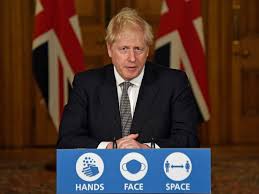

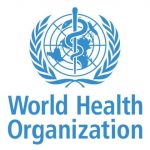
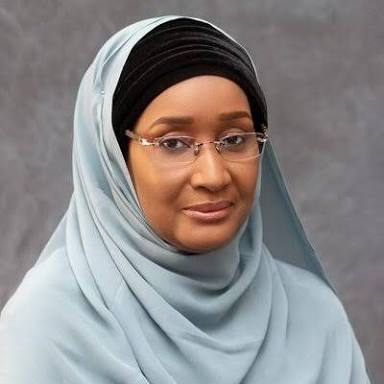

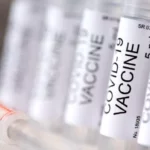
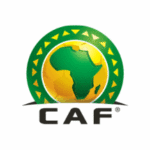

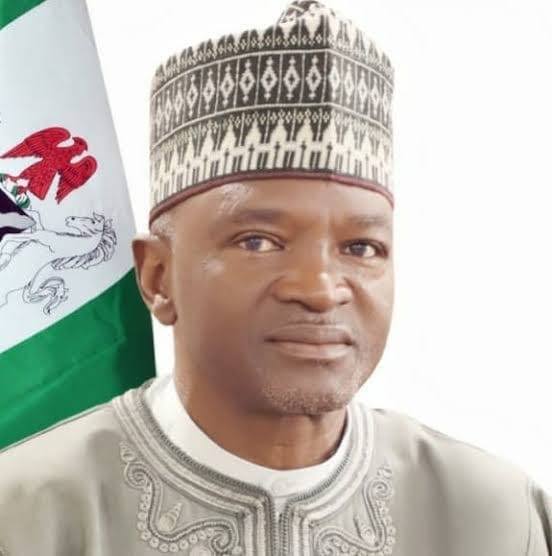



Comments are closed, but trackbacks and pingbacks are open.